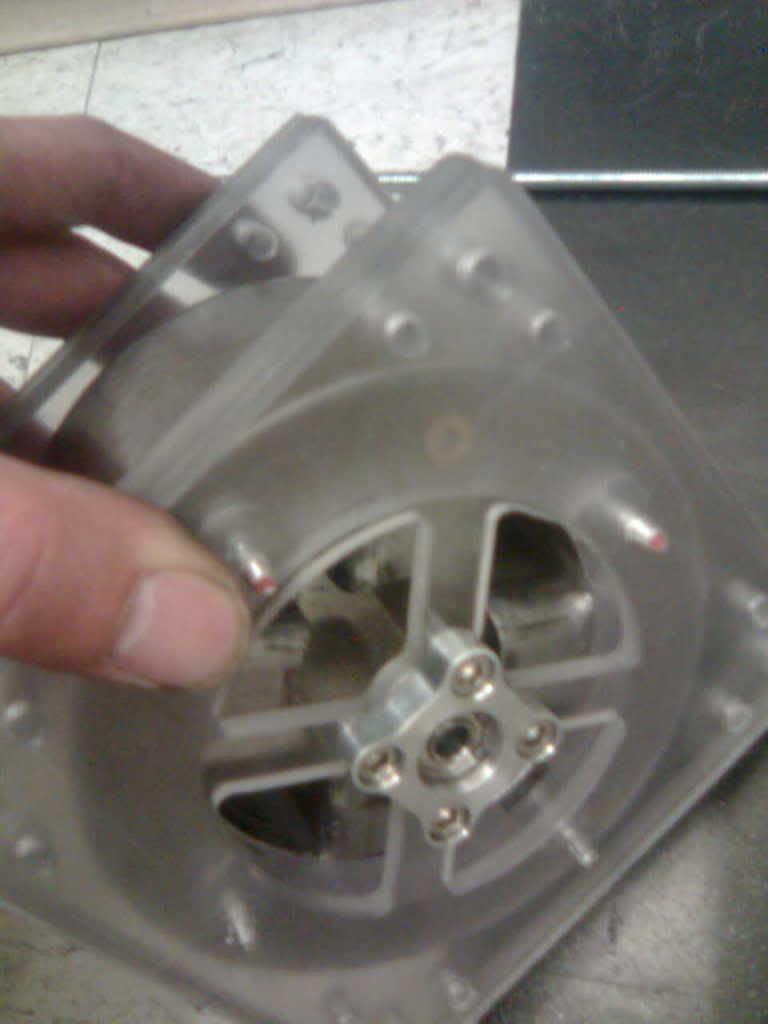Electric Motor Secrets Rapidshare Download

Mars marching band pdf scores. By Bruno Mars. By Ari Levine, Bruno Mars, and Philip Lawrence. Arranged by Paul Murtha and Will Rapp. For Marching Band (Score and Parts). Contemporary Marching Band. Published by Hal Leonard. Stanton's Bruno Mars Artist Shows Marching Band Music-Sound Audio Clips, Grenade - Alfred Publishing Co Inc, Lazy Song - Alfred Publishing Co Inc, Locked Out of. Bruno Mars Sheet Music 'That's What I Like' Marching/Pep Band Arrangement MajorMusicPublishing@gmail. Good morning, Band Families, A few reminders about the upcoming weeks: Tuesday, December 4 – Booster Meeting, 7 PM, HS Continue Reading → Posted in: General announcements, Marching Band. Buy Mars by Gustav Holst/arr. Bocook at jwpepper.com. Marching Band Sheet Music. Everyone knows this riveting movement from Holsts The Planets, and Jays.
Manual rapidshare download free ford mustang 1967. Andler David- French Women For All Seasons A Year Of Secrets Recipes Pleasure- French Menu Companion. Electric Motor Secrets Official Discussion Forum. 1, 2007, as part of the Free Energy Now radio series. Download - On April 21. 20+ Free Electrical Ebooks. Electric Motor Controls Tutorials (PDF) gerbv.
Contents • • • • • • • • • • • • • • • • • • • • • • • • • • • • • • • • • • • • • Terminology [ ] The word engine derives from, from the ingenium–the root of the word. Pre-industrial weapons of war, such as, and, were called, and knowledge of how to construct them was often treated as a military secret. The word gin, as in, is short for engine. Most mechanical devices invented during the were described as engines—the steam engine being a notable example. However, the original steam engines, such as those by, were not mechanical engines but pumps. In this manner, a in its original form was merely a water pump, with the engine being transported to the fire by horses.
In modern usage, the term engine typically describes devices, like steam engines and internal combustion engines, that burn or otherwise consume fuel to perform by exerting a or linear (usually in the form of ). Devices converting heat energy into motion are commonly referred to simply as engines. Examples of engines which exert a torque include the familiar automobile gasoline and diesel engines, as well as. Examples of engines which produce thrust include. When the internal combustion engine was invented, the term motor was initially used to distinguish it from the steam engine—which was in wide use at the time, powering locomotives and other vehicles such as. The term derives from the Latin verb which means to set in motion, or maintain motion. Thus a motor is a device that imparts motion.

Motor and engine are interchangeable in standard English. In some engineering jargons, the two words have different meanings, in which is a device that or otherwise consumes fuel, changing its chemical composition, and a motor is a device driven by,, or pressure, which does not change the chemical composition of its energy source. However, uses the term, even though they consume fuel.
A heat engine may also serve as a —a component that transforms the flow or changes in pressure of a into. An powered by an internal combustion engine may make use of various motors and pumps, but ultimately all such devices derive their power from the engine. Another way of looking at it is that a motor receives power from an external source, and then converts it into mechanical energy, while an engine creates power from pressure (derived directly from the explosive force of combustion or other reaction, or secondarily from the action of some such force on other substances such as air, water, or steam). History [ ] Antiquity [ ], such as the and (examples of the ), are. More complex engines using,,, and even steam power date back to antiquity. Human power was focused by the use of simple engines, such as the, or, and with,, and arrangements; this power was transmitted usually with the forces and the speed. These were used in and aboard in, as well as in, and in.